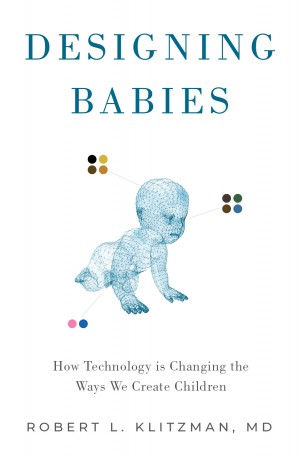While American Modern Orthodox Jews often compare themselves to their somewhat analogous brethren in the land of Israel, Religious Zionists, Rabbi Michael J. Harris’s new book offers readers a glimpse into the mind of one of Britain’s Modern Orthodoxy’s critical thinkers. While admitting — at least with regard to some issues — to following in the footsteps of controversial former Orthodox British Rabbi Louis Jacobs, whose break with Orthodoxy led him to found the Masorti (Conservative) movement in England, Harris struggles with some of the same intellectual dilemmas that Jacobs did, while addressing other topics as well, all within a slim but extremely comprehensive work.
The book seeks to elucidate many of the inherent tensions in Modern Orthodoxy, including whether that movement or Haredi Orthodoxy is the true inheritor of the historical Jewish tradition; the status of women in light of advancements in women’s Torah study; the degree to which Jewish mysticism is and should be included as part of a Modern Orthodox Jew’s worldview and religious practice; how recent developments in the field of ancient Near Eastern studies as well as critical Bible study affect the Orthodox belief in Torah min HaShamayim (Torah from Heaven); what the messianic era that is prayed for every day will actually look like; and how Jews should perceive their relationship with non-Jews and with members of other denominations within their own religion. Each of these topics would on its own justify complete works, and many have, but Harris does an excellent job of clearly and succinctly sketching the dividing lines and core issues that lie at the heart of these hot button topics, and in brief sentences, summarizing large swaths of scholarship. For example, in his discussion of wrestling with the moral dilemma of how modern Jews should feel about the Biblical commandment to wipe out Amalek, a discomfort already present in ancient rabbinic texts, he notes that “the military realities of the ancient world meant that a war of total destruction had to be mandated to ensure Israelite survival, but as these realities change, the Halakhah itself moves toward the abolition of the commandment in practice because of its moral unacceptability beyond the context of the harsh environment of antiquity.”
Harris, who serves as the rabbi of the Hampstead Synagogue, and is the son of a former South African Chief Rabbi, presumably has a congregation that welcomes their spiritual leader writing about such issues in ways that lean heavily on academic scholarship and non-Orthodox theologians, to borrow a phrase from the title of the book, “without fear.” While as an American I cannot speculate as to the impact the book has had on the British Modern Orthodox scene, it is difficult to think of an American Modern Orthodox rabbi who would be willing or able to do the same. While Israel’s Beit Morasha, a center for “Advanced Judaic Studies and Leadership,” recently produced a Hebrew work, In the Eyes of God and Man: The Believer and Scientific Study of the Bible, which collects articles by thinkers ranging from Israeli heads of Orthodox yeshivot to Bible professors from the Conservative seminary JTS, all wrestling with how to reconcile modern Biblical scholarship with traditional religious belief, none of the contributors are American Modern Orthodox pulpit rabbis. It remains to be seen whether Harris’s book, published by a British publisher, sparks discussion in the American Orthodox scene. Regardless, the issues that Harris so devotedly and sincerely wrestles with aren’t disappearing from the minds of critical thinking Modern Orthodox Jews any time soon.
Related Content:
- Reading List: British Jewish Experience
- The Finkler Question by Howard Jacobson
- Beyond Sectarianism: The Realignment of American Orthodox Judaism by Adam S. Ferziger
Dr. Stu Halpern is Senior Advisor to the Provost of Yeshiva University. He has edited or coedited 17 books, including Torah and Western Thought: Intellectual Portraits of Orthodoxy and Modernity and Books of the People: Revisiting Classic Works of Jewish Thought, and has lectured in synagogues, Hillels and adult Jewish educational settings across the U.S.




